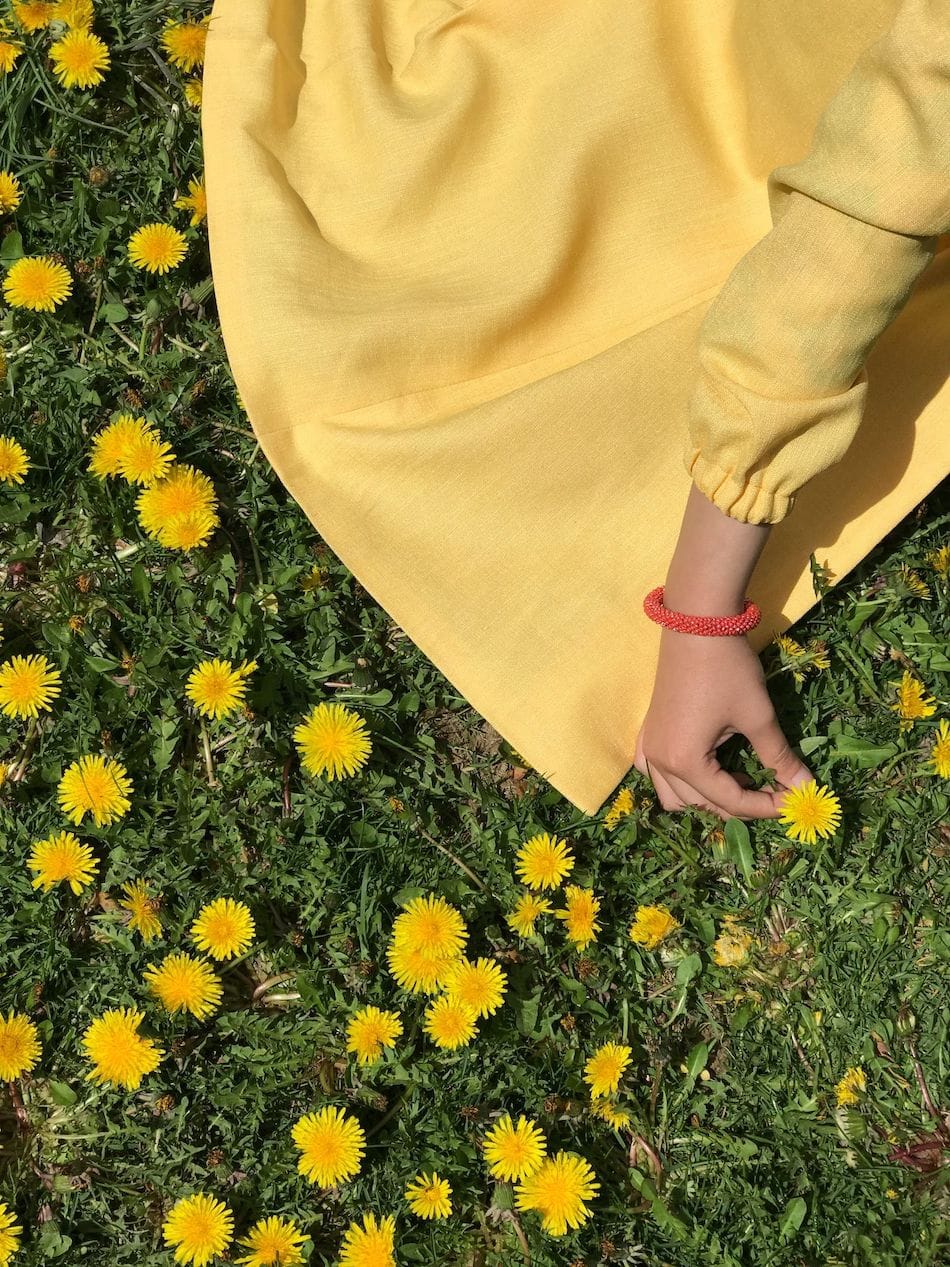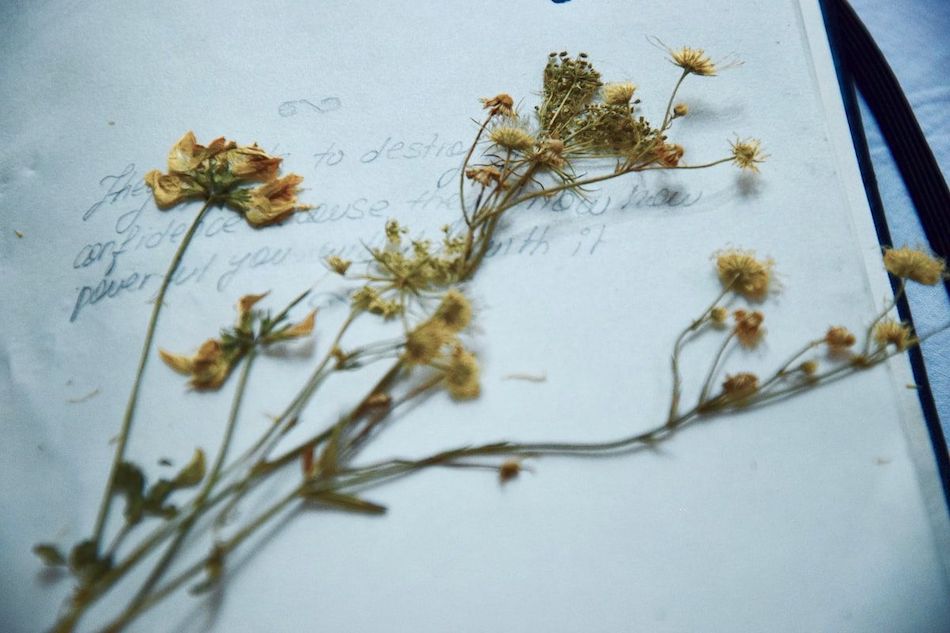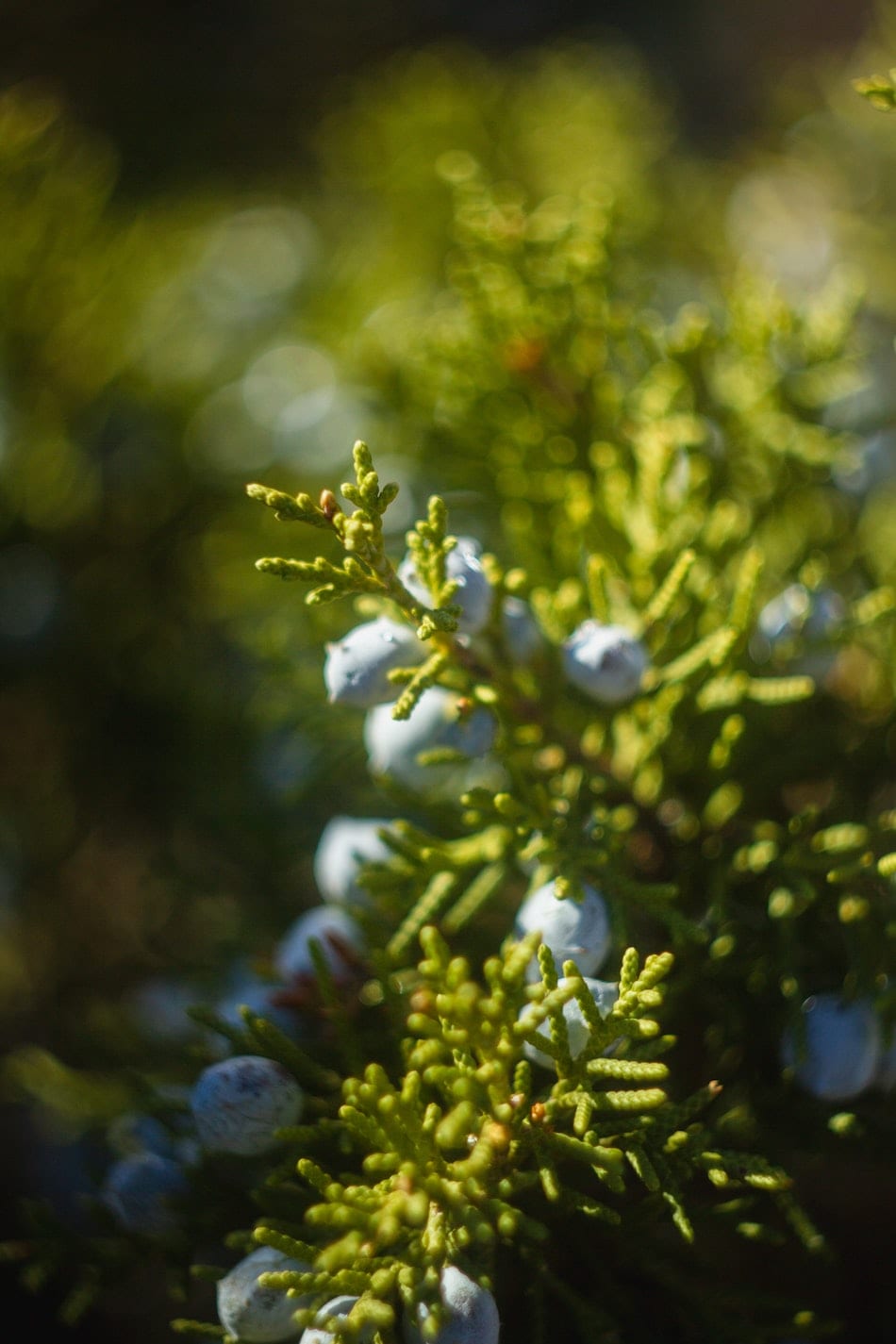
The science and art of herbalism is a vast field of study, and no matter how you like to learn — online, in-person, at workshops, through books — it can be challenging to keep all that herbal information from becoming a jumbled mess in your mind. This is where an herbal materia medica comes into play!
The best way I’ve found to stay organized is by creating a personal reference guide filled with all the information I’ve learned about the herbs I’ve studied.
This is commonly referred to as an herbal materia medica, and it’s sort of like an herb journal.
As I mentioned earlier, your herbal materia medica will be filled with herbal monographs. These monographs act as journal entries, each one focusing on a specific herb and telling its story.
Over time, your herbal materia medica will become a foundation resource for you — one that you will find yourself pulling out more than any other herbal resource. I know I sure do!
Now, if creating an herbal materia medica or a plant monograph sounds overwhelming to you, let me ease your mind — my free 5 Day Herb Focus mini-course will simplify the process for you.
What To Expect In The 5 Day Herb Focus Mini-Course

As I mentioned earlier, this challenge is designed to guide you through the process of making plant monographs for your herbal materia medica.
You will receive 1 lesson a day for 5 days delivered straight to your inbox. Throughout these lessons, I’ll guide you through the process of studying, researching, and observing plants.
Feel free to choose your own plant to study — one that speaks to you or you feel called to learn about and potentially use.
Not only will you learn how to compile information from both historical and modern resources, but you will make observations from your own personal experience with the plant of your choosing.
By the end of this mini-course:
- You will know how to study an herb by using free and paid resources, how to get to know your plant through experiencing it first-hand, and how to evaluate scientific research on your plant as well.
- You will learn how to research a plant’s names, characteristics, growing conditions, harvesting guidelines, active constituents, primary actions, common uses, taste and energetics, body system affinities, and safety and dosing information.
- You will learn how to incorporate your plant into your life to support your or your family’s wellness.
- You will gain an introduction to your plant’s habitat and growing requirements, allowing you to understanding what a plant needs and where you might find it in the wild, or even how to grow and care for it yourself.
- You will have a list of many resources — including my favorite books and websites — to help you in your study of plants.

The 5 Day Herb Focus Mini-Course Outline
Lesson 1: Foundations – Plant Names, Geography & Classifications
In this lesson, you will learn the various names your plant goes by, where it is located in the world, what it looks like in various stages (including a hands-on sketching exercise), and how to classify it.
Lesson 2: Foraging – Plant Descriptions, Cultivation, Harvesting & Sustainability
In this lesson, you will learn the characteristics of your plant, how to grow and care for it in your garden, and how to harvest it in the wild. Finally, we’ll touch on the subject of sustainability concerns to know about your plant.
Lesson 3: Prepare – Plant Parts, Preparations, Tastes & Energetics
In this lesson, you will learn the various parts of your plants that are commonly used in herbal preparations. Speaking of preparations, you will also discover the types of preparations that are a fit for your herb. We’ll also get hands-on with an exercise that will help you discover more about your plant’s flavor and energetic qualities and what those two things can tell you about how to use your plant.
Lesson 4: Application – Plant Constituents, Actions, Uses, Affinities & Scientific Research
In this lesson, you’ll learn the active constituents found in your plant as well as its primary actions or effects on the body. You’ll also learn what body systems your plant has an affinity for, and the various ways it can be used for wellness or illness. Finally, we’ll wrap the lesson up by covering how to find scientific research on your plant so you can know what science is discovering as well.
Lesson 5: Finalization – Plant Safety, Dosage & Recipes
In this final lesson, you’ll learn how to research the safety and dosage specific to your plant as well as source some fun recipes that you can call upon when you want to make use of the plant at a later date.
Okay, friend. If you want to deepen your knowledge of and connection with plants, then I’d love it if you’d join me for this free mini-course. There are no prerequisites required – you may be brand new to herbalism or an experienced herbalist – both are welcome here.
I’m simply delighted to walk alongside you on this plant path, guiding you as you study, and helping you to create your herbal materia medica along the way.
Will you join me?
Registration closes Sunday, April 10th!
Love and light,
Meagan